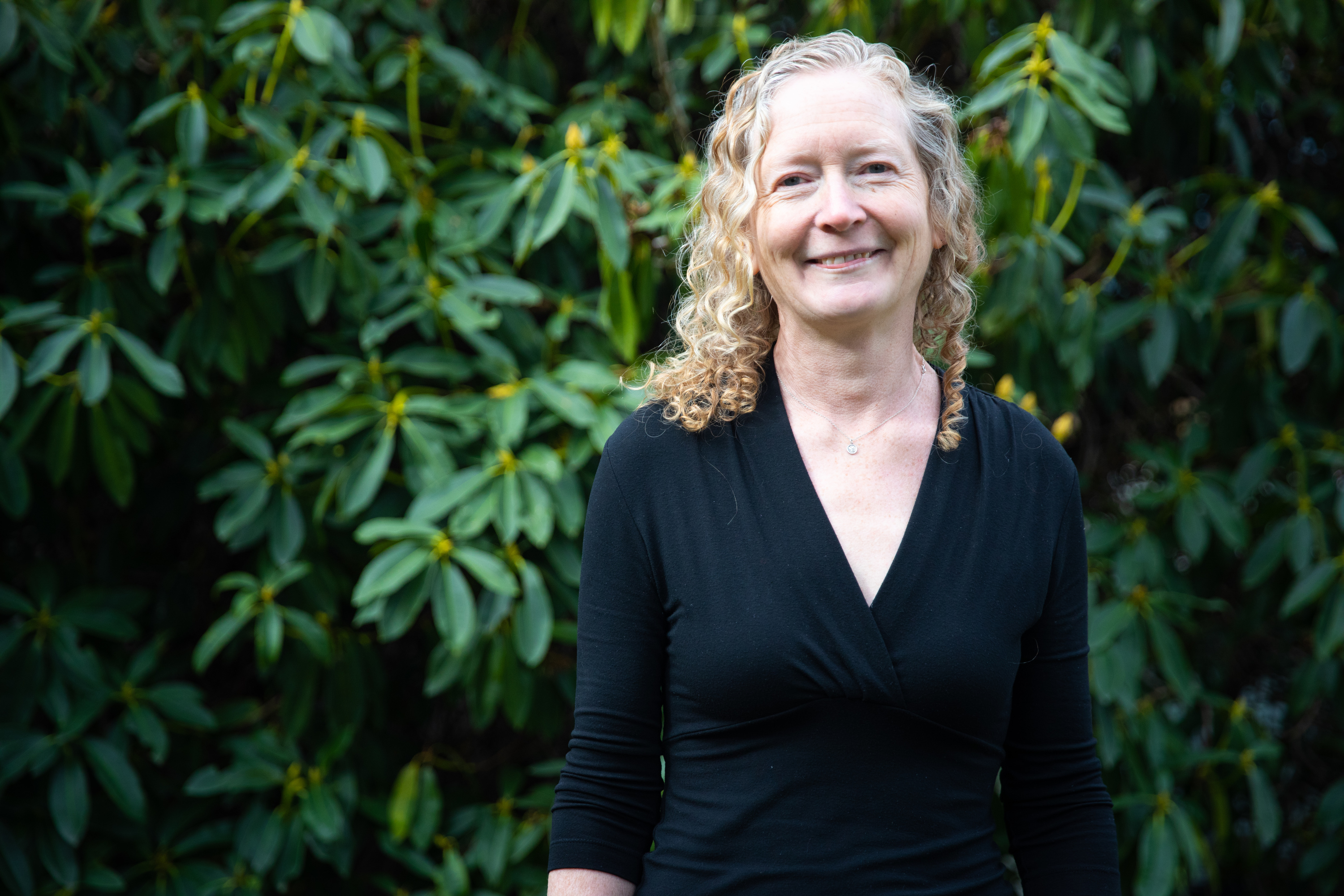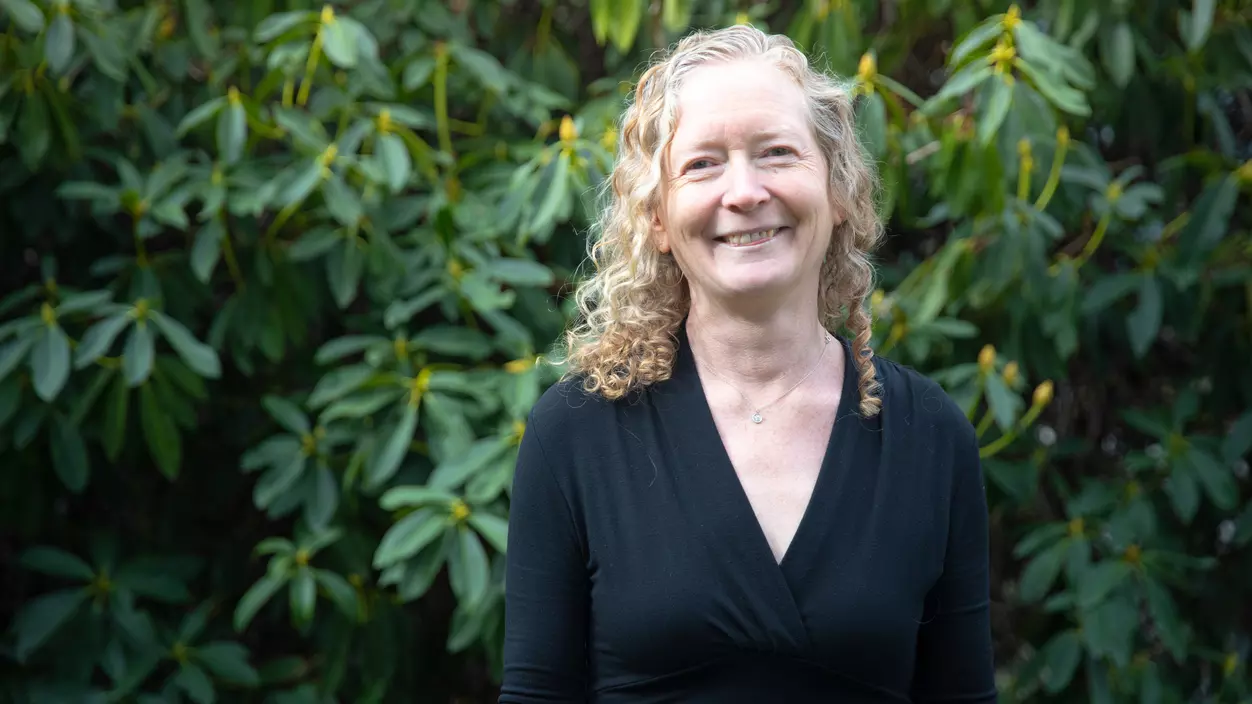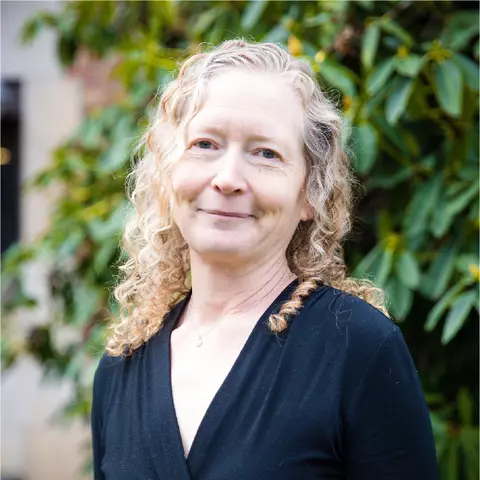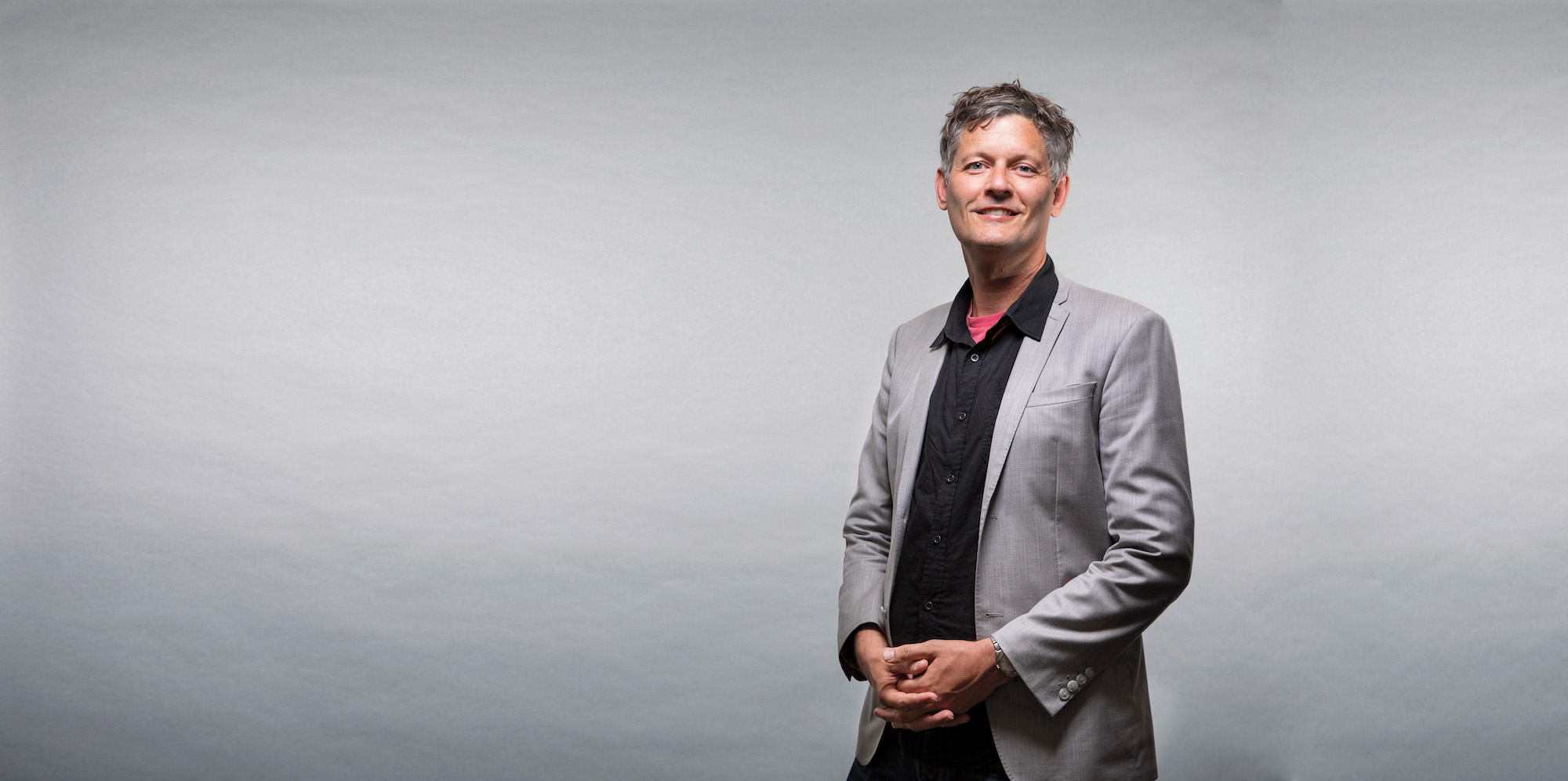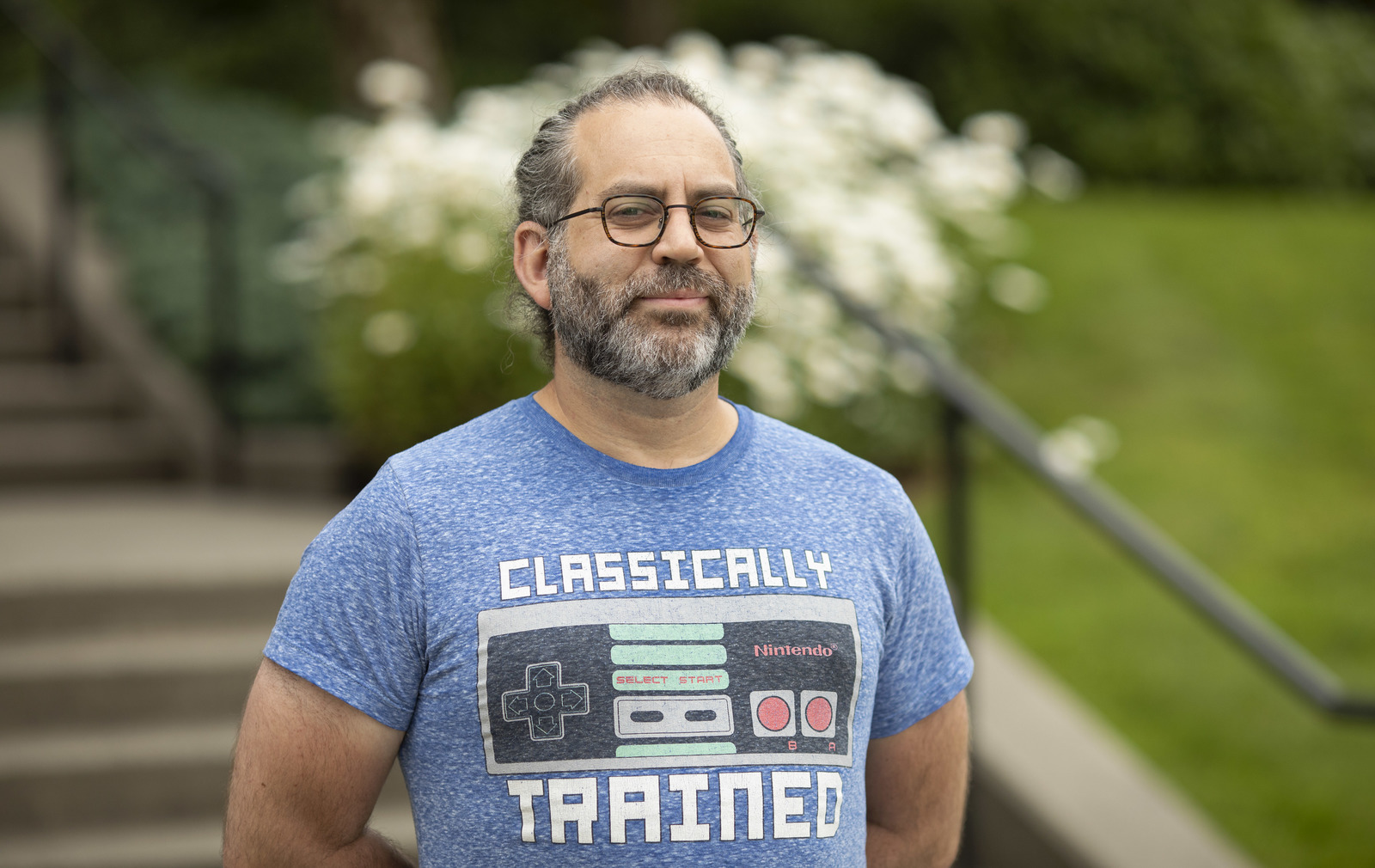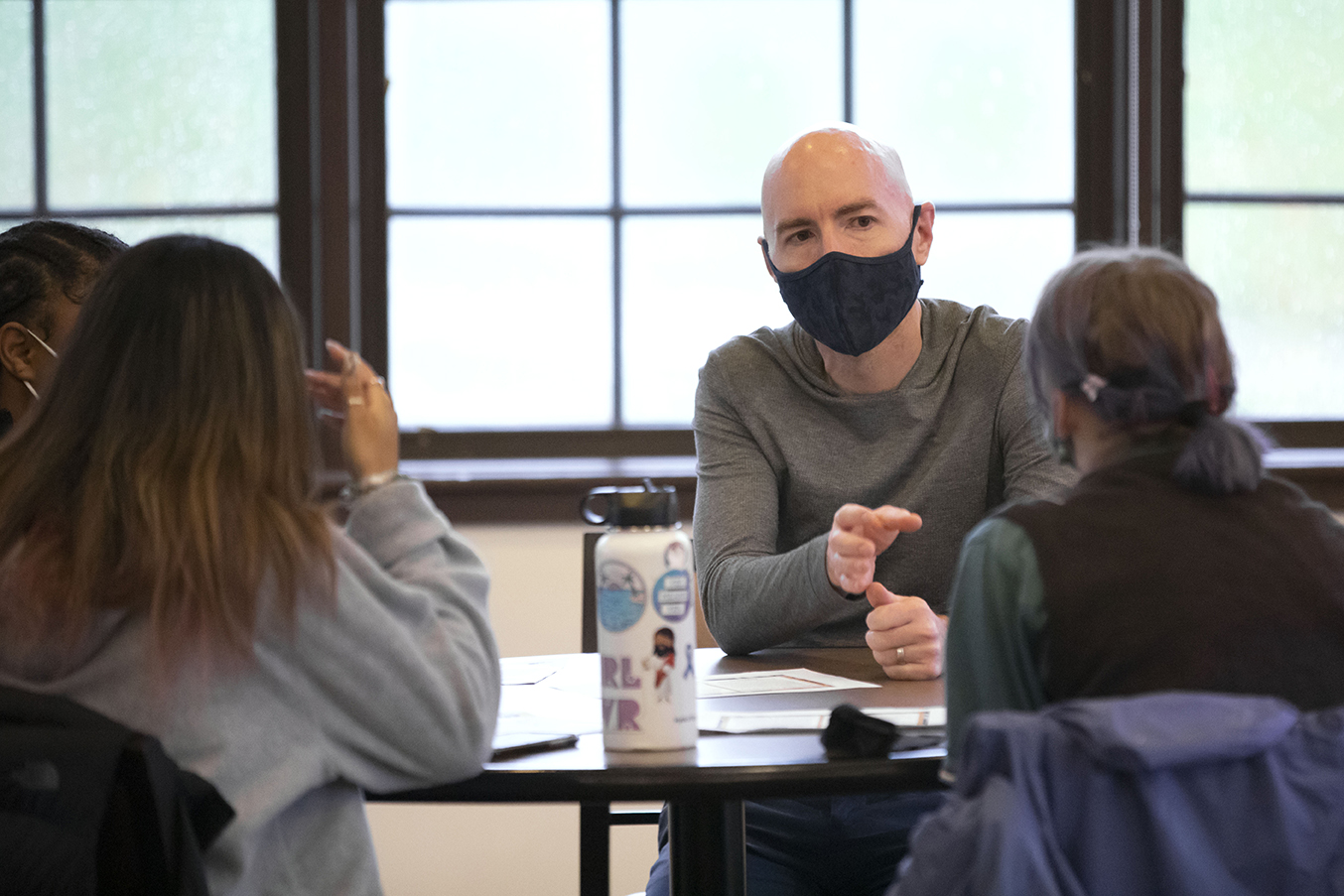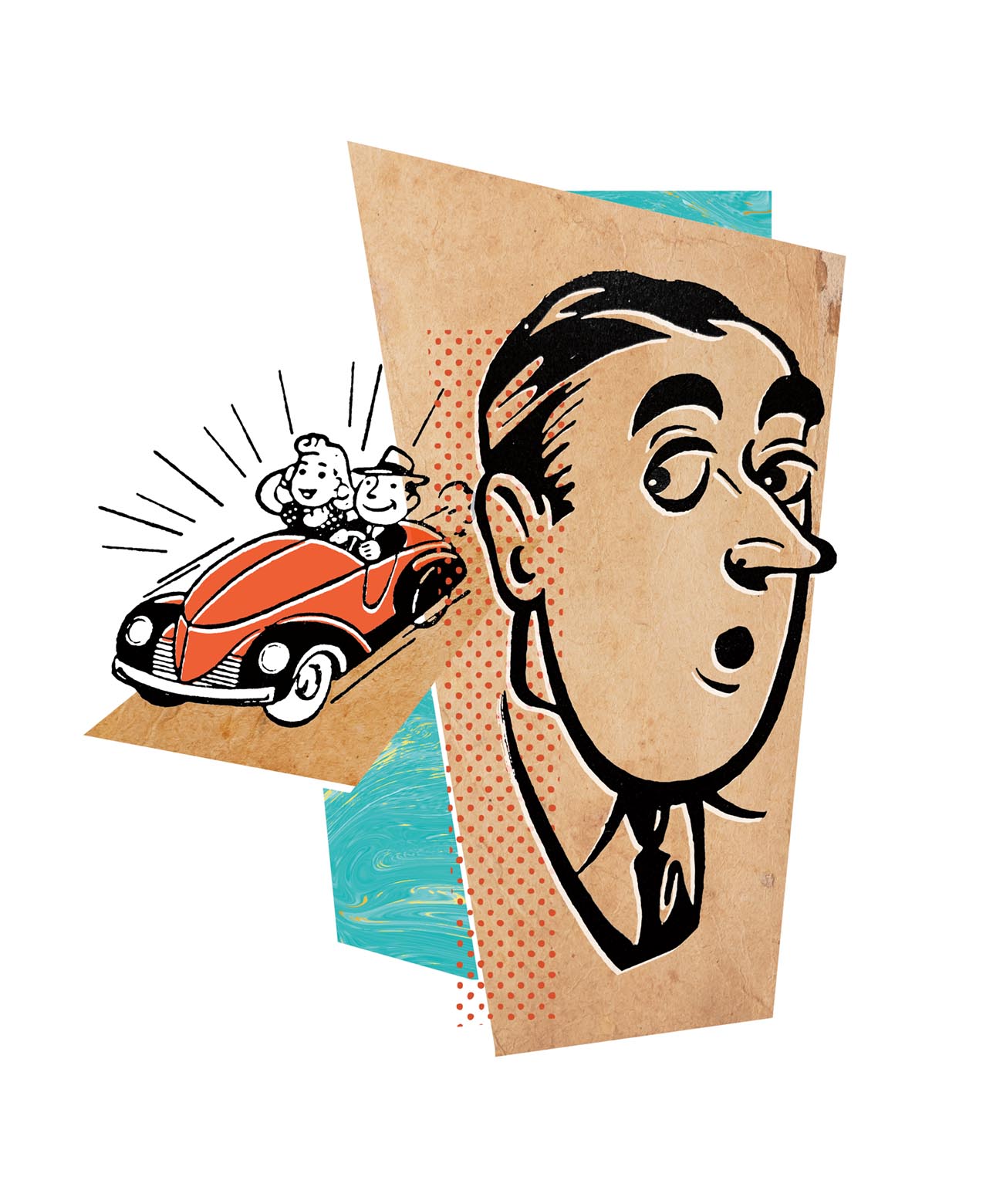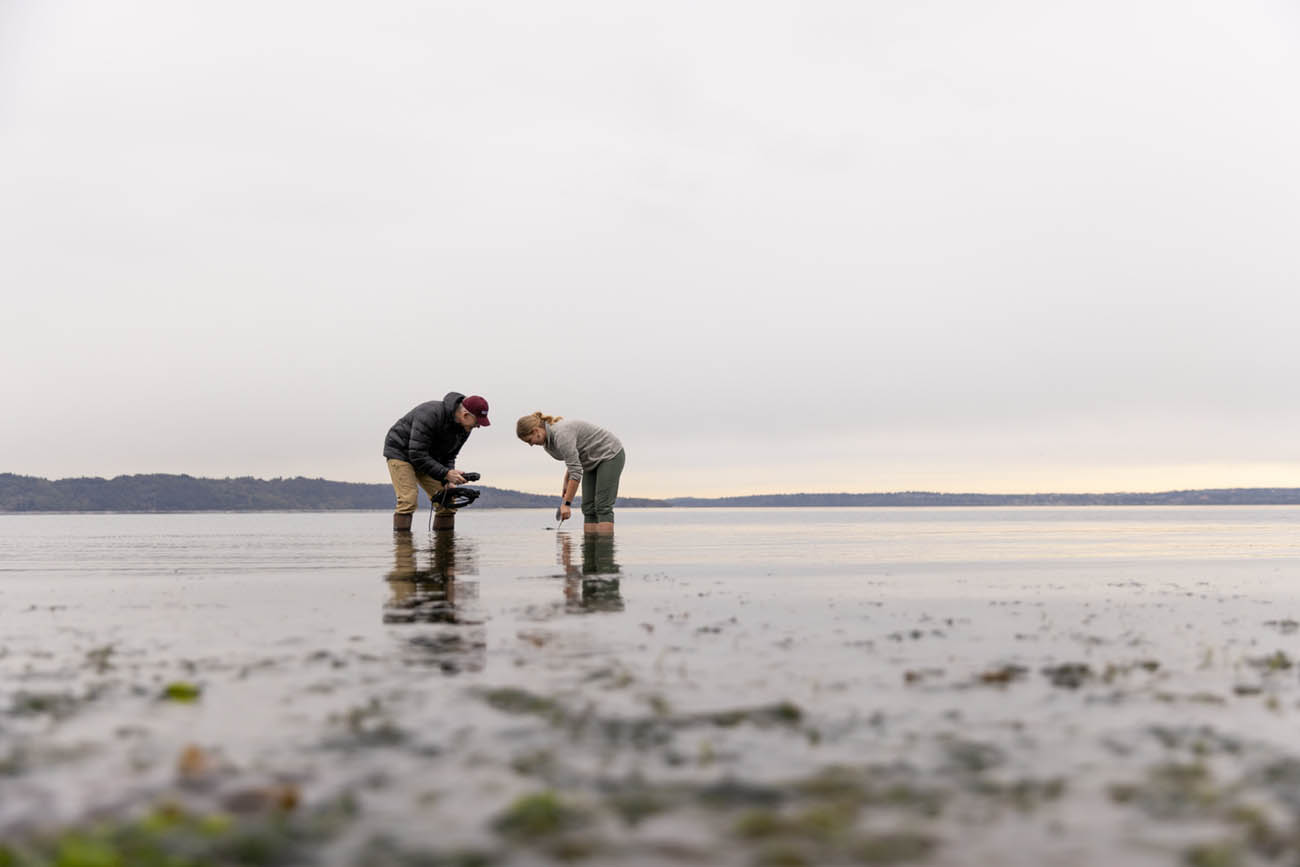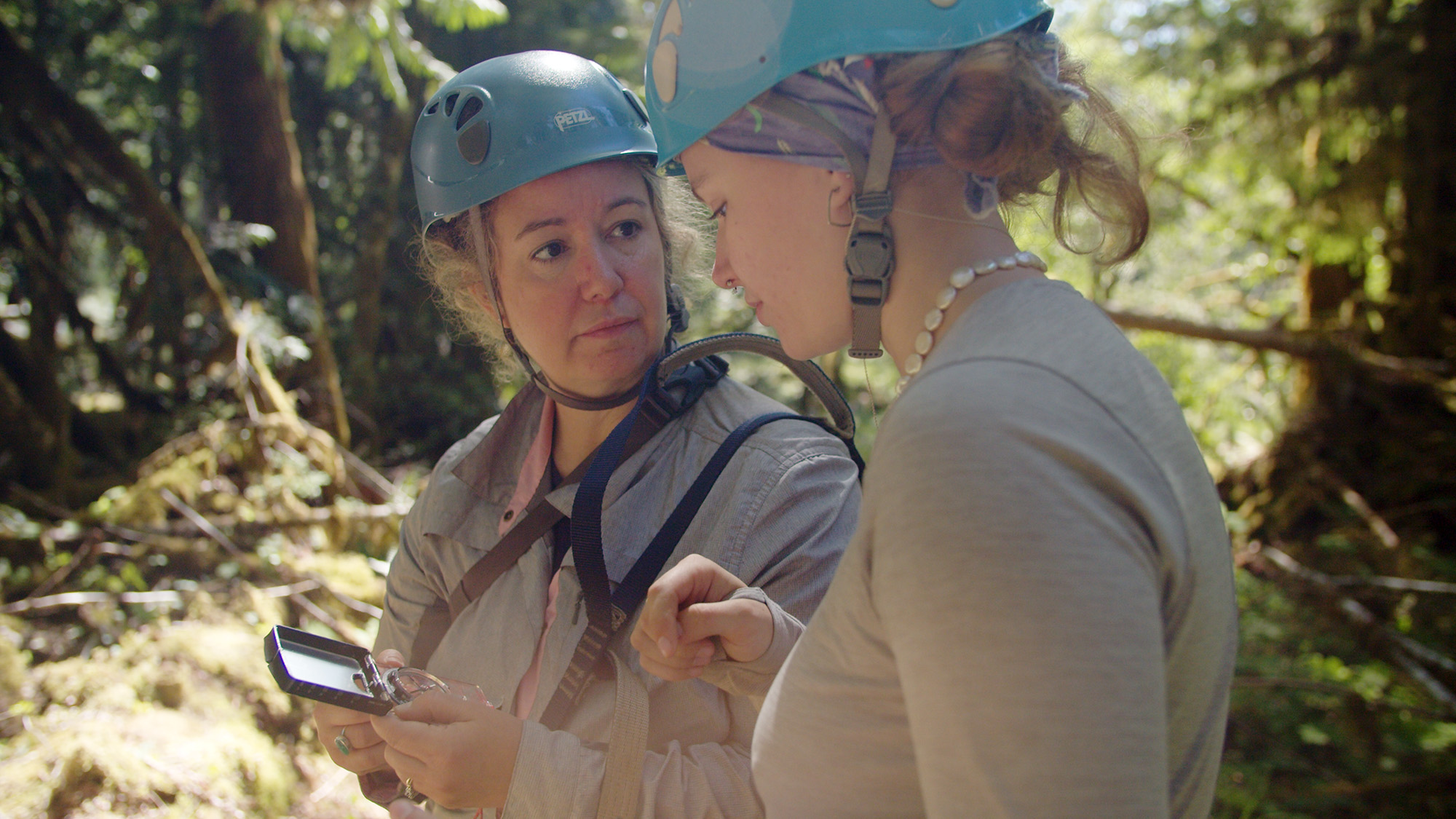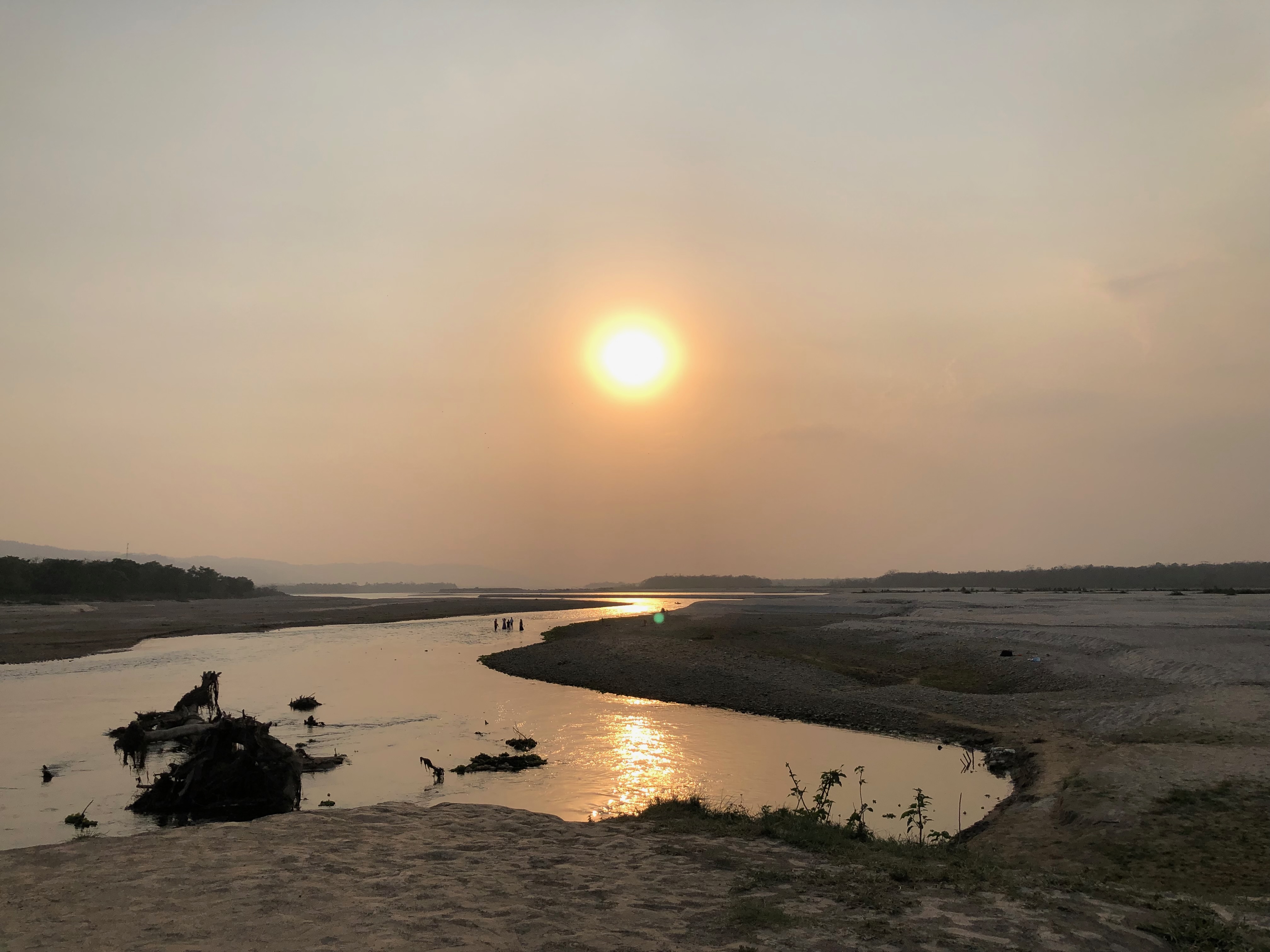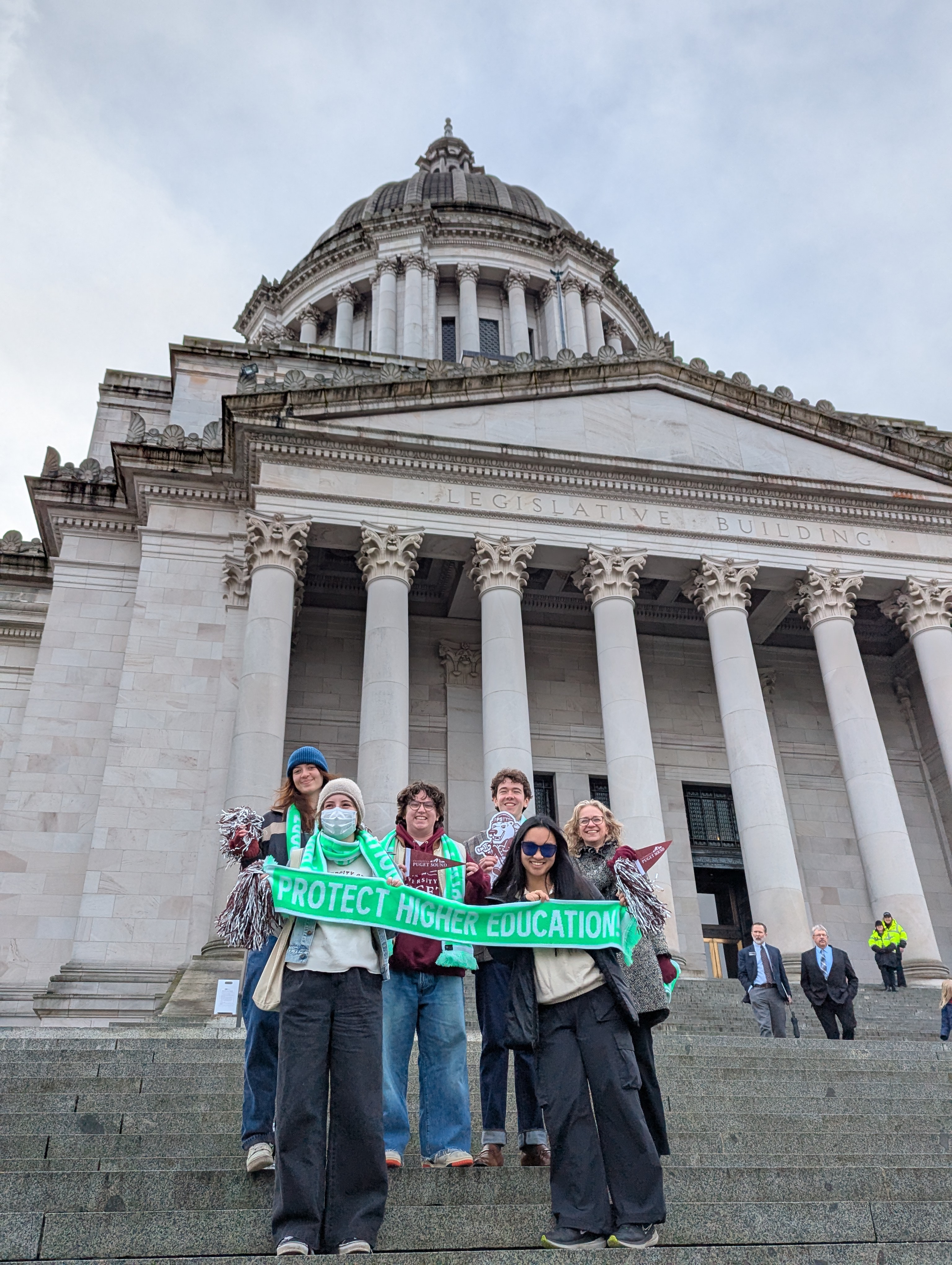Q: Tell me about your background. What brought you to Puget Sound?
A: I grew up in rural Tennessee and then came to Washington for the first time as an 18-year-old when I attended The Evergreen State College. I went to graduate school at Cornell University in Upstate New York and then I taught at Deep Springs College in California for a little while before I came to Puget Sound. The international political economy program was the biggest draw for me. There simply aren’t many undergraduate IPE programs out there. I got my Ph.D. in sociology, but I always saw myself as a political economist and I really liked teaching. I didn't want to be at a research university. I wanted to be at a place like this where I could work closely with students and I was lucky to find Puget Sound at the right time.
Q: Your research centers on agribusiness, supply chains, and the global food system. What got you interested in that field of study?
A: During graduate school, I worked on an organic farm. We were growing buckwheat at the time and the largest organic buckwheat mill east of the Mississippi River was only 50 miles from our farm, so it was a great market for us. Then, one year, the bottom fell out of the market. The mill started importing buckwheat from China cheaper than we could grow it, even though we were literally in their backyard. That raised a lot of questions for me about how global agricultural markets function, the kinds of policies that shape who is competitive, and how big agribusiness works through and against governments to create their own advantages and efficiencies. That curiosity about how people in rural places make a living grew into my academic research agenda.
Q: You teach a food and agriculture course with an experiential learning component. Can you talk about that and why they type of learning is important?
A: It is a community-based learning course where we interact with folks in the area who are working in the food and ag sector, and we do a research project with Tacoma-area community gardeners. We have a work day at a farm that’s run by the Franklin Pierce School District, we visit the grain export terminal on Ruston Way to talk about international trade, we conduct ethnographies of supermarkets, and we see how TAGRO is made from recycled biosolids at the wastewater treatment plant. Students also do a research project with community gardeners in Tacoma in partnership with Harvest Pierce County. The students learn how to conduct interviews and analyze data to help and they help the gardeners solve real challenges that they’re facing. It’s a really great course and I’ve had students go on to have internships and careers in this sector because of the networking they get to do.
